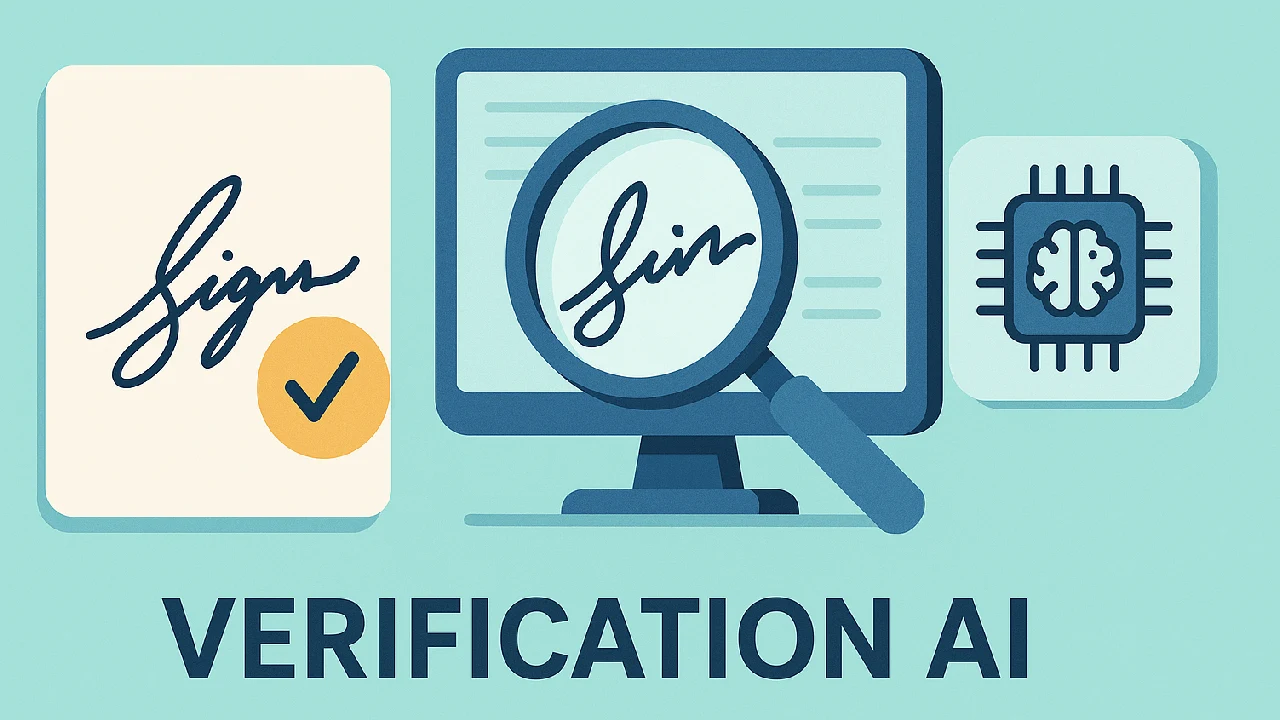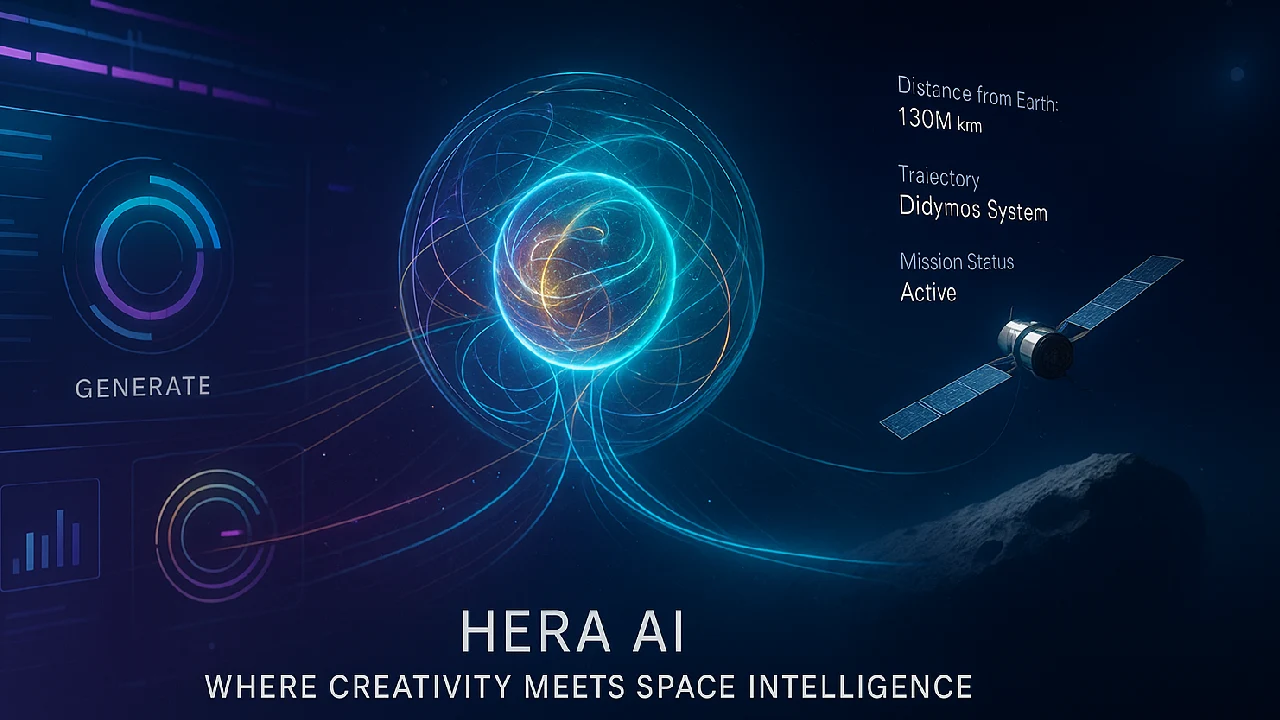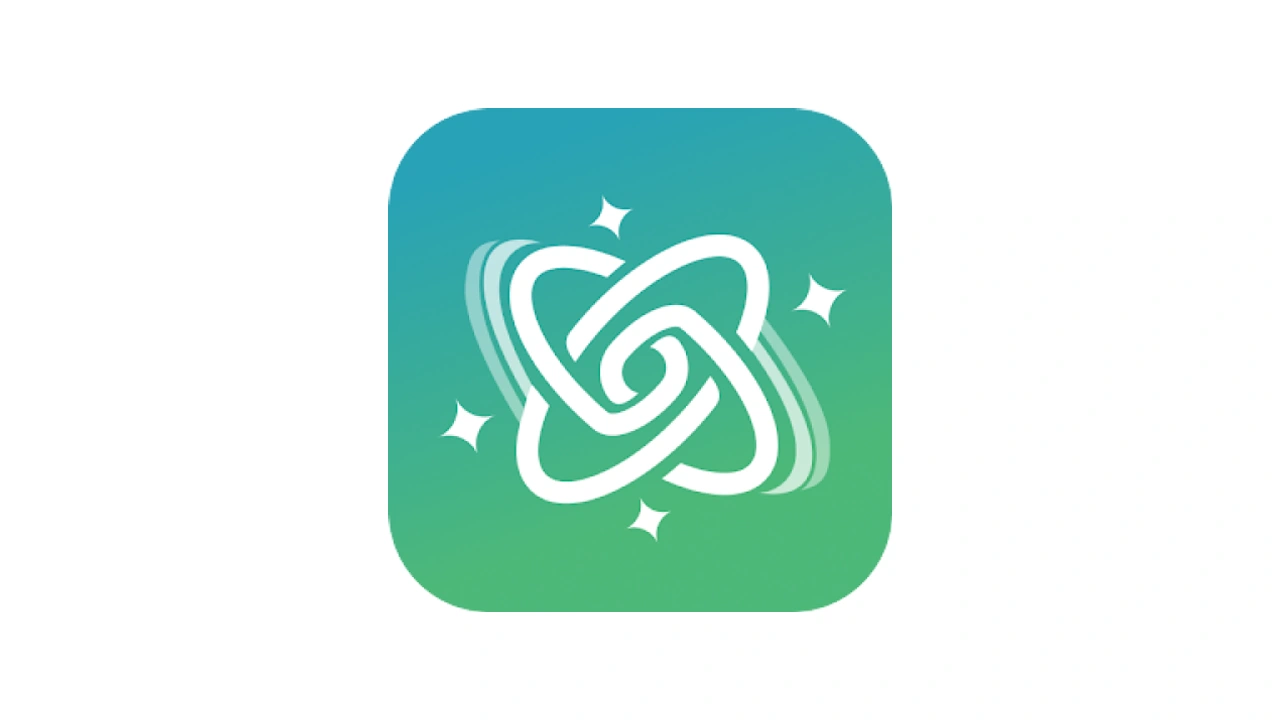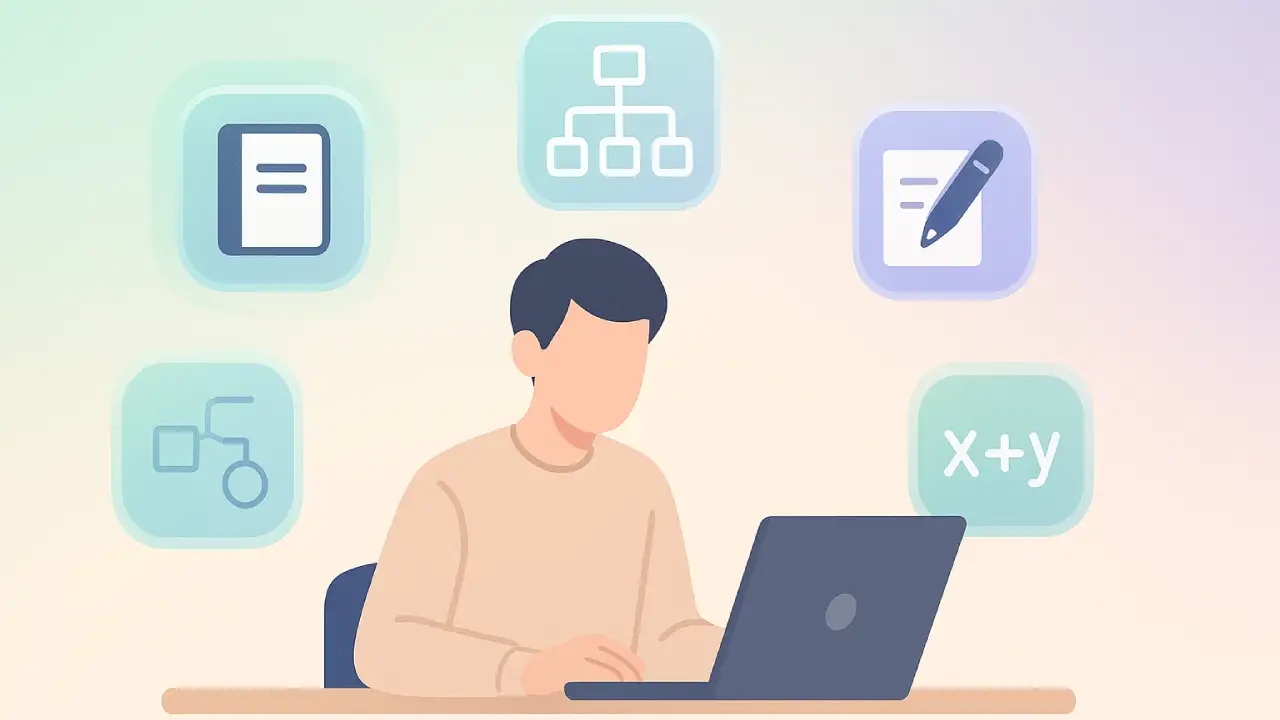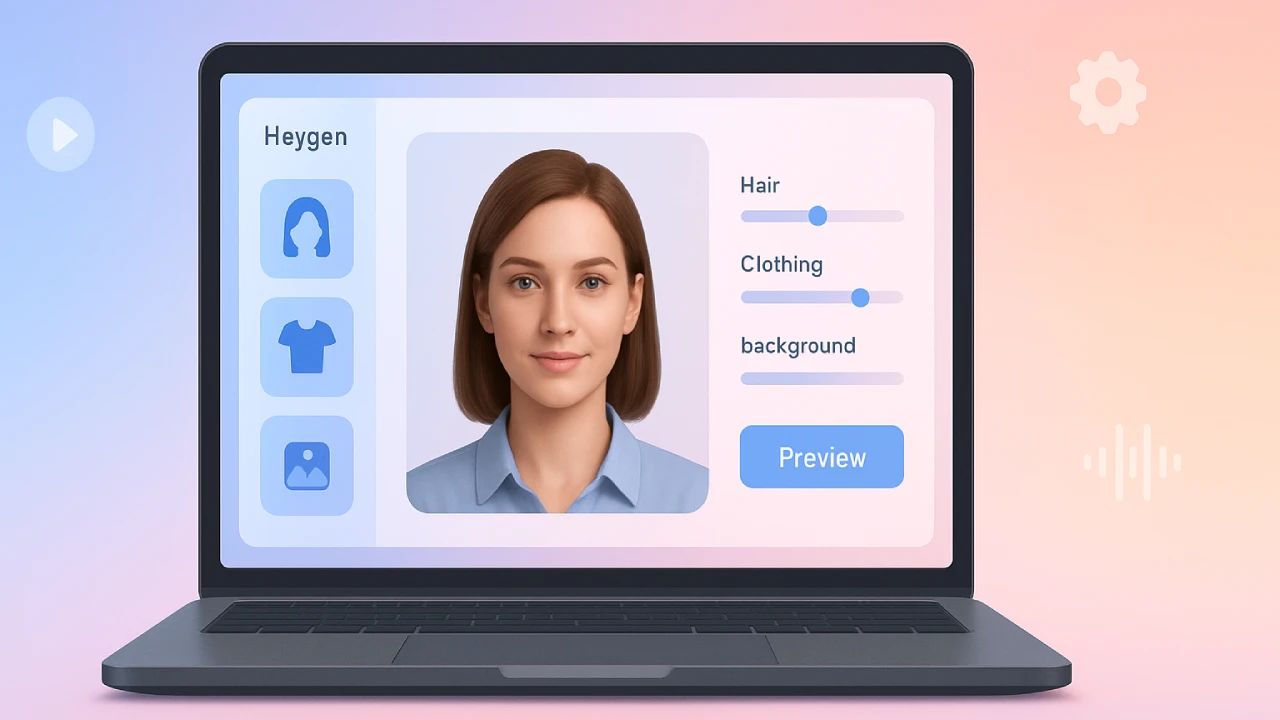Autograph AI uses advanced machine learning to recognize minor discrepancies in signatures, resulting in speedier fraud detection and safer transactions across banks and collections.
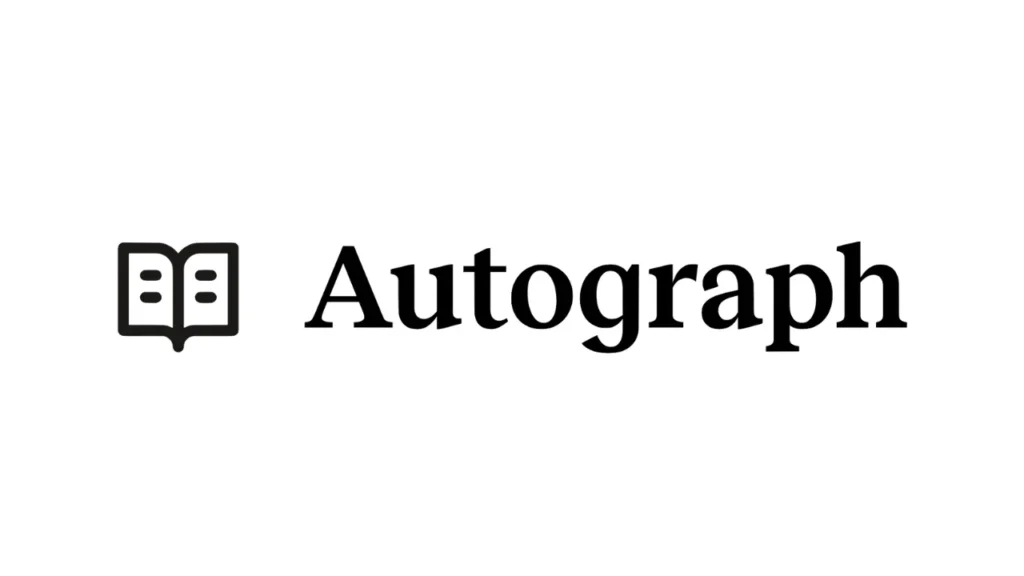
Autograph AI is changing signature verification by introducing speed, precision, and confidence to sectors where authenticity is critical. This technology is proving to be a game changer for financial institutions fighting fraud and collectors looking for genuine memorabilia. But how does it operate, and why is it superior than standard methods?
What is Autograph AI
Autograph AI refers to AI-powered software that automates the process of signature identification and verification. Rather of depending on manual specialists to examine ink patterns or handwriting flow, these systems employ machine learning, deep learning, and computer vision to determine whether a signature is authentic or counterfeit.
The purpose is simple yet effective: to ensure confidence, efficiency, and security in papers, financial transactions, and high-value collectibles. With escalating fraud instances around the world, standard manual verification is no longer sufficient, making Autograph AI an essential advance.
Key Features and How It Works
AI-assisted autograph systems follow a multi-step process:
- Signature Detection: The system scans documents to locate signature regions, even if they appear in varying positions.
- Signature Extraction: Using image preprocessing (noise removal, grayscale conversion), the signature is isolated from surrounding text.
- Feature Extraction: AI identifies static traits (slant, stroke thickness, loopiness) and dynamic traits (pressure, speed, fluidity). Advanced models can track hundreds of micro features.
- Signature Matching: Extracted traits are compared with reference samples to calculate a confidence score.
- Forgery Detection: From blind forgeries to traced copies, AI detects unnatural variations humans often miss.
For instance, a genuine rushed signature may still pass with a 92% confidence score, while a skilled forgery might be flagged at 42%.
Benefits of AI Autograph Verification
The benefits extend across multiple industries:
- Superior Accuracy: AI models continuously learn, spotting inconsistencies invisible to human eyes.
- Efficiency: Banks can process thousands of checks in seconds without relying on manual inspectors.
- Objectivity: Unlike human experts prone to fatigue, AI applies consistent criteria.
- Scalability: From legal contracts to sports jerseys, systems adapt to different surfaces and formats.
- Cost-Effectiveness: Automation reduces reliance on expensive third-party verifiers, speeding up workflows.
These advantages make AI verification indispensable in industries like as finance, law, and collectibles.
Real-World Applications and Market Impact
- Financial Sector: Autograph AI helps banks prevent fraud by validating checks, loans, and contracts at scale.
- Collectibles Market: Services like Signature.ai offer online autograph submissions, giving collectors peace of mind before high-value purchases.
- Sports Memorabilia: Future applications may include AI-powered holographic autographs, digital NFTs, and AR-based autograph experiences for fans.
- Legal Documents: Ensuring authenticity in government forms and applications without delays.
These technologies offer a hybrid trust paradigm by combining automation and manual reviews—speed with human oversight in exceptional instances.
Challenges and Future Outlook
Despite its promise, Autograph AI faces challenges:
- Trust: Collectors often question whether AI alone can match expert examiners.
- Data Quality: More diverse datasets are needed to handle global handwriting variations.
- Overfitting Risks: AI models must be tuned to avoid false positives.
- Behavioral Change: Signatures evolve over time, demanding adaptable algorithms.
In the future, developments like as Siamese neural networks, hybrid online-offline verification, and blockchain-based digital autographs have the potential to reinvent signature authentication. For collectors, banks, and corporations, AI-assisted verification is about building confidence in an increasingly digital environment rather than replacing professionals.
Final Take
Autograph AI is about more than just detecting fakes; it’s about instilling trust in transactions, safeguarding assets, and upgrading identity verification. As usage grows, sectors should expect fewer fraud instances, smoother workflows, and new opportunities, such as digital autographs on blockchain platforms.
AI autograph verification is soon becoming a “nice to have” for anyone dealing with high-value contracts, collectibles, or sensitive transactions.

